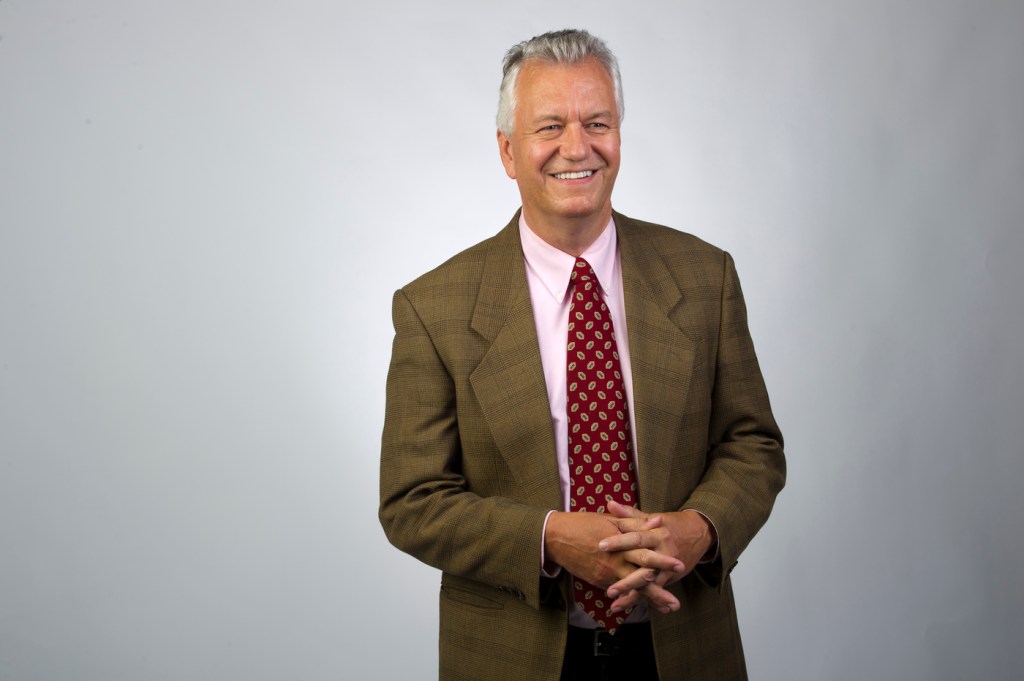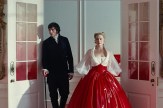Take 5: What to watch for in the first GOP debate

The 2016 election debate season officially kicks off Thursday when Fox News hosts the first Republican presidential debate, as well as an afternoon forum with the candidates who didn’t make the cut for the debate. The two-hour prime-time debate (9-11 p.m. EDT) will feature the 10 highest-polling candidates thus far, and the afternoon forum (5-6 p.m. EDT) will feature the remaining seven candidates.
Here, Alan Schroeder, a professor of journalism in the College of Arts, Media and Design and an expert on televised debates, discusses what he’s looking for in Thursday’s Republican presidential primary debate and offers tips for viewers to maximize the experience.
On what he’s looking for in the Republican debate and forum:
Clarity. You’ve got such a big field, and obviously not all 17 of the candidates will be the nominee. So the debate is an opportunity to weed out the field a bit, more so in this election cycle than in previous cycles. Usually you have about eight serious contenders, but this is the first time in modern history where you’re coming into a debate with nearly 20 candidates.
On who stands to gain or lose the most from a good or bad performance:
Donald Trump is at a crossroads in his campaign. He’s caught fire in polls, but how much of that is a reaction to his celebrity status and his willingness to express himself versus his actual policies? This is a chance to show he’s a serious candidate. If he’s going to get beyond the novelty factor, he needs to use these opportunities to show people that he’s in it for more than ego gratification. The others who are under the most pressure are the other leading candidates, Jeb Bush and Scott Walker. They’re in a tricky position here. It’s difficult to prepare for a debate like this when you’ve got a wild card like Trump in the mix, and how they handle him will be something people will be watching.
On the impact of the first debate of a presidential election cycle:
First debates draw a lot of attention, much of which is from the political media and Washington press corps looking for a storyline. However, that trickles down to everybody else because we read the interpretations and news clips. First debates may not be important in terms of determining the vote or finalizing who the candidate will be, but they’re an important marker for the press and also an important marker for the candidates in terms of continuing to raise funds and support. One way you can do that is through a debate performance.
On media sponsorship of presidential debates:
There’s a big difference with sponsorship of primary presidential debates and general presidential debates. The primary presidential debates are typically sponsored by cable news organizations, while the Commission on Presidential Debates sponsors the general election debates. I don’t think that having networks as sponsors of primary debates is ideal because they have their own agendas and they want to make good television, draw big ratings, and show off their anchors. Those goals don’t always reflect what’s best for the public. Media sponsorship has also put the media organizations in the position of picking winners and losers. Fox News is approaching this first debate to select the 10 frontrunners and relegating the others to the earlier forum. So now the media organization is helping to determine who is being taken seriously, and I see this as a potential conflict of interest.
On tips for viewers tuning in:
The debate is a starting point. It’s an introduction to the cast of characters, but our responsibility as voters doesn’t end there—it begins there. Listen to what the candidates have to say, figure out what resonates with you about two or three of the candidates, and then do some follow-up on your own. Read their bios, go to their websites, and see what they’re saying on the issues. But don’t look at the debate as doing all the work for you. The debate is one mechanism to learn about the process, but it’s a limited mechanism.
In terms of watching the debate, look for the unexpected moments. Candidates are so choreographed in their day-to-day campaigning and everything is extensively planned. This is a time to see them in an unscripted setting, and that can be very revealing. It’s also interesting to see the interactions between the candidates. Campaigning is often done in isolation by meeting with people and giving speeches, but a debate offers the opportunity for comparison-shopping and evaluating who you like and who you don’t like.





